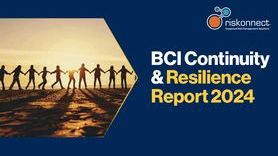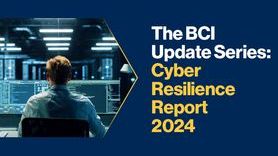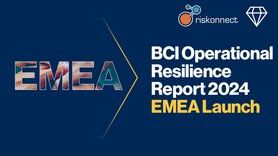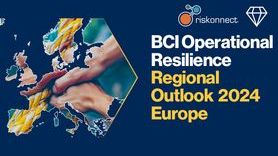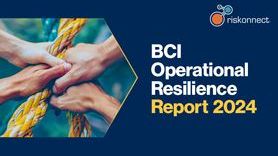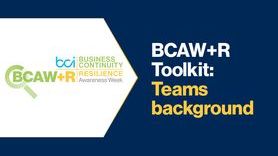Cyber Resilience - digital trust and brand reputation
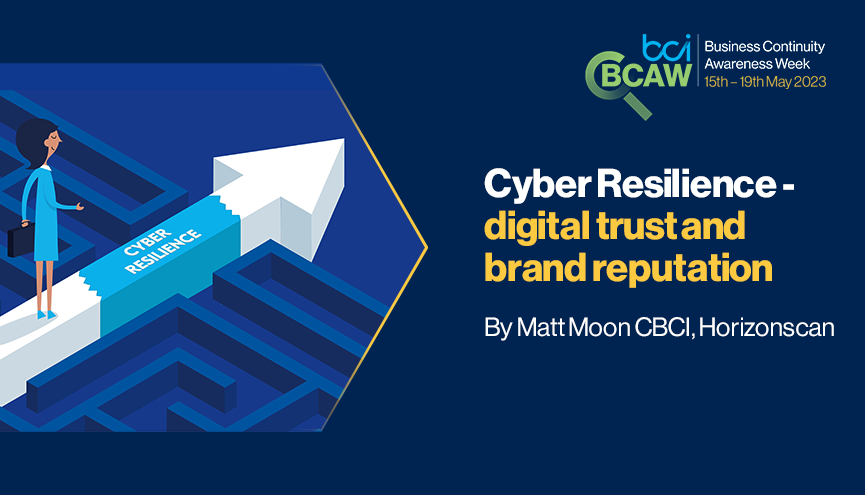
The ability of organizations to harness digital initiatives to boost their competitive advantage and profitability has been well documented in recent years. New business entities have appeared and existing enterprises have flourished because of digital transformation. Conversely, long-standing companies have fallen by the wayside or stagnated through the inability to identify digital transformation opportunities or a failure to implement digital initiatives diligently.
Face-to-face online chat solutions, online medical appointments, enterprise IT systems, AI and chatbots are examples of how digital transformation has reconfigured the business landscape for the better. However, the shift towards technological business solutions and opportunities has brought new challenges to security and resilience leaders. For example, the need for data privacy has been underpinned by important legislation, including the General Data Protection Regulation (GDPR) and standards, including the Payment Card Industry Data Security Standard (PCI DSS), which bring new business risk.
Never has stakeholder confidence been so important to tech-reliant companies and at Horizonscan, we have noted that conversation around digital trust continues to gather pace across all sectors. Digital trust goes beyond an organization's ability to ensure data privacy. Customers, contractors, suppliers, and business partners expect an organization to meet their obligations. Service providers are expected to comply with service level agreements, while there is an availability expectation of apps, such as banking or social media platforms on which businesses and personal users rely. Business interruption has the potential to cause irreparable harm, not least in terms of reputation. This is where the importance of cyber resilience and the perception of digital trust rests.
Global risk reports continue to identify cyber risk as a perpetual issue and there is a seemingly daily stream of case studies showing the extent to which cyber attacks can interrupt business. The BCI Cyber Resilience Report 2023 identifies phishing and spear phishing as the most frequent methods of attack, with the number of successful attacks increasing this year.
Evidently, no organization should consider itself impervious to a cyber-related breach. The issue of cyber resilience and digital trust should be an ongoing risk management consideration. Whilst preventative measures are crucial as a means to reduce risk exposure, an organization's ability to manage the consequences of a cyber-related incident can define it in terms of digital trust and, therefore, its reputation.
Enhancing an organization's cyber resilience should be fully supported by top management and security and resilience professionals should be properly resourced. The Business Continuity Management (BCM) Lifecycle continues to be an effective framework for enhancing resilience, regardless of the risk landscape and, where cyber risks are identified, proportionate, risk-based mitigation measures should be implemented. As important are the recovery solutions, which should be designed to ensure that the consequences of a cyber-related event are well managed. For example, well-prepared and validated communications and media response plans have proved to be crucial when responding to cyber-related crises.
Cyber risks are likely to remain a priority over the coming years. The shortage of skilled cyber security professionals will only compound efforts to tackle the issue. The BCI Cyber Resilience Report 2023 identifies that cyber risk management is still siloed in some organizations. A drive towards better collaboration between security and business continuity professionals will ensure a joined-up approach to prevention and consequence management, strengthening cyber resilience, enhancing digital trust, and safeguarding brand reputation. Countless companies include words such as accountability and trust in their company values. It is important that they live up to these in all areas, including their approach to cyber resilience.
Get involved in BCAW 2023 - Follow the link below:












